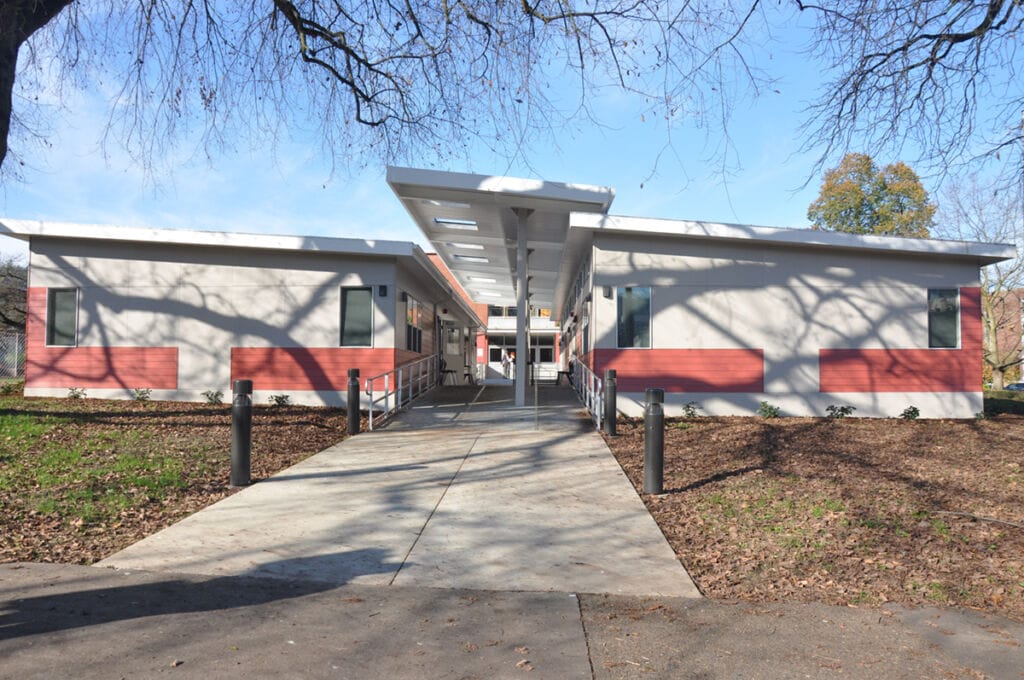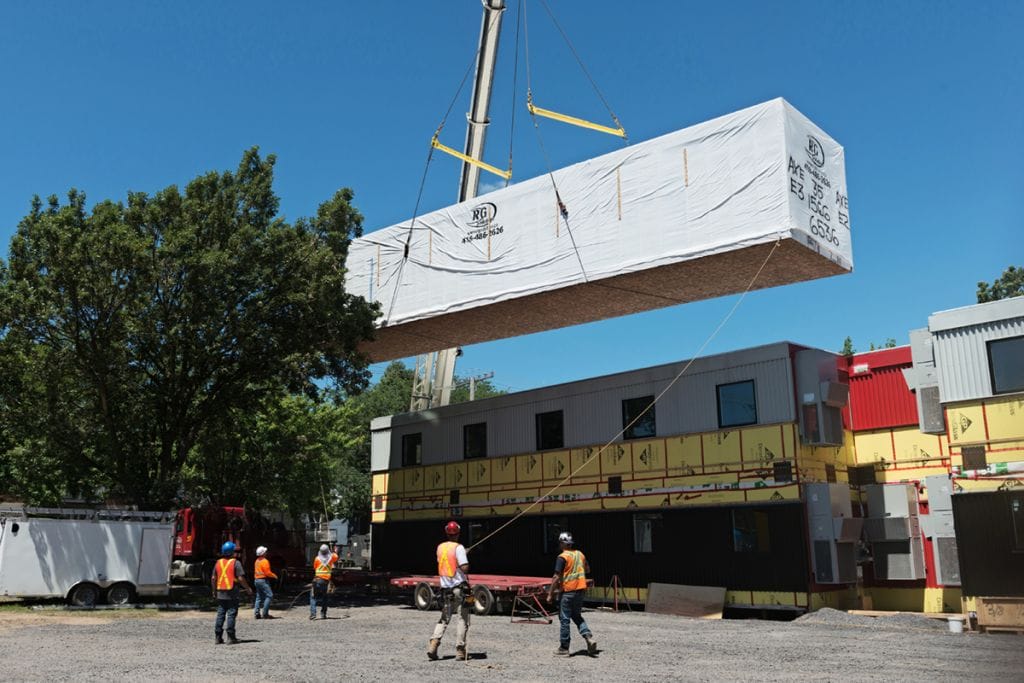MBI Working with Maryland Depart of Labor and Licensing to Encourage Adoption of ANSI 1205
MBI and ICC are working with the Department of Labor and Licensing to adopt ANSI 1205 to use third-party inspection agencies.
MBI has coordinated a call for January 27 with the Maryland leadership team as well as modular program leadership from Virginia, California, and Texas to share their positive experiences in utilizing third-party agencies and how they regulate them.
Read Additional Monthly Updates
Oregon’s Prevailing Wage Proposal: A Wake-Up Call for Modular Construction
In early February, 2024, the Massachusetts Board of Building Regulations and Standards (BBRS) released its proposed 10th Edition building codes. This draft included several amendments targeting modular construction that would have created an extremely difficult environment for the entire modular industry and could have eliminated the industry entirely in the state.
MBI Opposes Oregon House Bill 2688A
MBI Opposes Oregon House Bill 2688A For over 40 years, Modular Building Institute (MBI) has been the leading voice for the modular building industry, representing over 600 modular builders, designers, and suppliers throughout the United States and across the globe. Our members in Oregon include women-owned businesses that can complete public works projects faster and…
MBI Issues Policy Position on Tariffs & Their Impact on Modular Construction
MBI Issues Policy Position on Tariffs and Their Impact on Modular Construction On behalf of the international modular construction industry, the Modular Building Institute (MBI) strongly opposes the imposition of tariffs on prefabricated buildings, construction materials, and related components. Tariffs increase the cost of construction, reduce affordability for housing, and hinder the growth of a…
A Huge Win for the Modular Construction Industry in Massachusetts
In early February, 2024, the Massachusetts Board of Building Regulations and Standards (BBRS) released its proposed 10th Edition building codes. This draft included several amendments targeting modular construction that would have created an extremely difficult environment for the entire modular industry and could have eliminated the industry entirely in the state.


